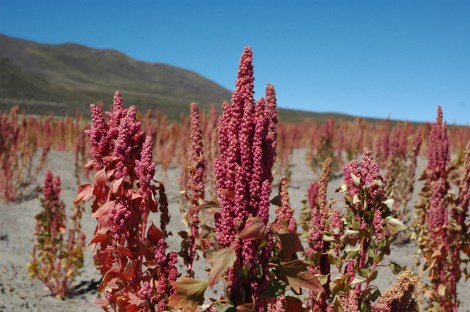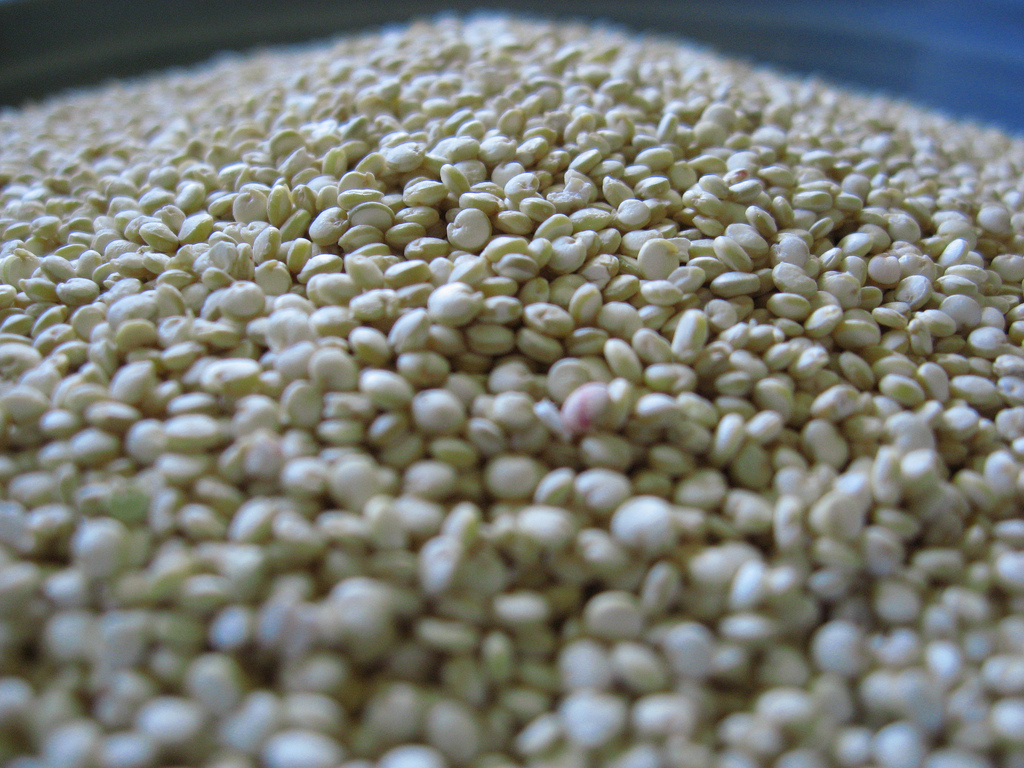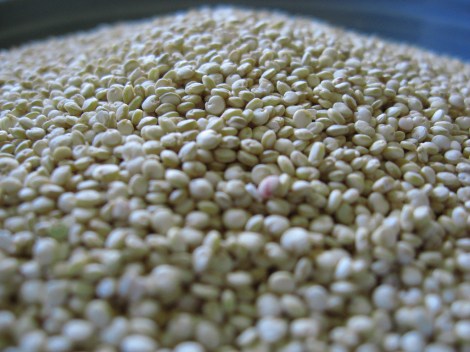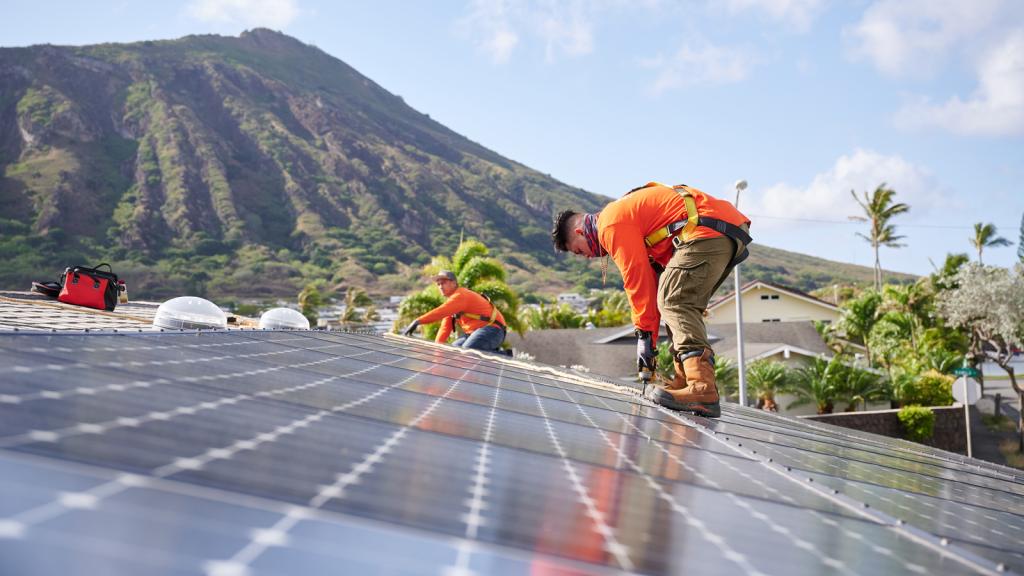The quinoa debate has ravaged the internet these past few weeks — kind of like how selfish Westerners with a taste for gluten-free grains are allegedly ravaging the livelihoods of South American farmers.

PrimealQuinoa growing in Bolivia.
Joanna Blythman kicked off the brouhaha earlier this month with a piece for The Guardian contending that the fast-growing Western appetite for quinoa has priced the Peruvian and Bolivian poor out of the market for the delicious, protein-laden (and kind of sperm-resembling) grain. “[T]here’s a ghastly irony when the Andean peasant’s staple grain becomes too expensive at home because it has acquired hero product status among affluent foreigners preoccupied with personal health, animal welfare and reducing their carbon ‘foodprint,'” she writes.
The piece sparked a quinoa pile-on. Esquire called it “the quinoa quandry” (groan). “The more you love quinoa, the more you hate Bolivians,” declared a Care2 headline. “A long time ago, ‘Bolivian marching powder’ meant cocaine. Now it could mean quinoa,” wrote a Yahoo! News correspondent who was having a really bad day with ledes. And I think Technorati may actually for reals be suggesting here that “America just needs to send a few hundred Chick-fil-A’s to Peru and Bolivia.”
Blythman’s moral panic about quinoa is not baseless, but it is somewhat misled, and definitely misaimed.
The world market for quinoa may be very, very hungry, but to some extent, that’s good news for Andean farmers, who are actually able to make a living from farming, even though they allegedly can’t afford to eat what they grow. And quinoa production on the whole seems like good news for the rest of us, too.
The United Nations declared 2013 the Year of Quinoa, claiming that the crop can “contribute to world food security,” in part because the 3,000 varieties of the hardy stuff can be grown at many different temperatures and humidities. “While the main producers are Bolivia, Peru and the United States, quinoa production is expanding to other continents and it is currently being cultivated in several countries in Europe and Asia with good yields,” according to the U.N.’s Food and Agriculture Organization.
Yep, you heard that right: A fair bit of quinoa is grown stateside, but not enough. From Slate:
While attempts to grow quinoa haven’t worked out in Britain, locavores in the United States can take heart in the fact that farmers in Oregon and Colorado are figuring out how to grow it. That said, domestic quinoa sells out quickly after every harvest, so for the time being quinoa lovers will be importing most of theirs from the altiplano. And that’s a not a bad thing. Wherever it’s grown, concerns about buying imported quinoa are overblown.
As Tom Philpott at Mother Jones writes, if global production “drove prices low enough, Andean farmers’ investments in land and processing infrastructure would be wiped out.”
In conclusion: The quinoa situation is not nearly as straightforward as Blythman’s original piece might have us believe, nor is quinoa consumption as purely ethical as the U.N. might like.
Speaking for my non-meat-eating self, the main problem with Blythman’s argument is that she takes aim specifically at a lot of people who are generally eating more sustainably. Her assertion that a Western appetite for tofu is also destroying the Amazon rainforest necessitated a correction from The Guardian; it notes that 97 percent of soy is used for animal feed, according to U.N. figures. (Motherboard points out the “masterful” link baiting of the original piece.)
Ultimately the quinoa debate isn’t about vegetarians or vegans, and in a way it’s not even really about quinoa. This is a trope in political food writing that we see time and again, wherein those who seek to eat ethically are called out for their failings on the human labor front. It’s not baseless, but it’s usually kind of mean-spirited and disingenuous, and it ignores the labor abuses throughout the mainstream food system.
From pure carnivores to level-nine vegans, we should care about the economic status of quinoa farmers in South America, just as we should care about the rights and status of all farmers, including the ones reaping and sowing our local crops here at home.



